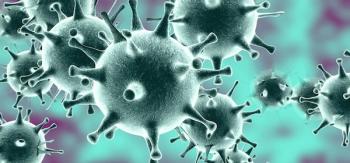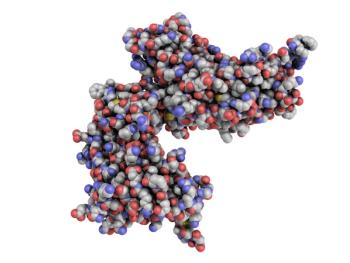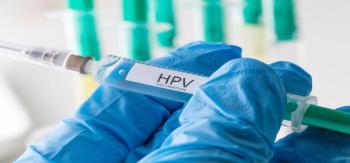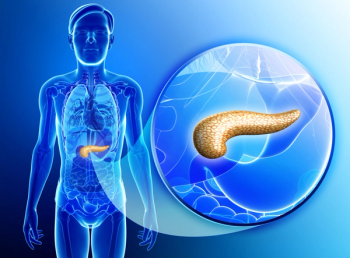
Earlier results of the FAST trial, which was launched in 2004, found that reducing the number of radiotherapy fractions to 5 was feasible and safe in the short term.

Earlier results of the FAST trial, which was launched in 2004, found that reducing the number of radiotherapy fractions to 5 was feasible and safe in the short term.

Patients with cancer diagnosed more than 24 months ago are at an increased risk of severe COVID-19.

The selection of an agent for hyperglycemia management requires knowledge of both the efficacy and the potential adverse effects of each possible agent, so choosing the best therapy for any given patient can be complicated.

Data show that immunotherapy doesn’t necessarily worsen complications for patients with both COVID-19 and cancer.

In addition to its potential uses in cancer treatment, this novel drug delivery system could be used with magnetic resonance imaging or fluorescence imaging.

Pharmacists are central health care professionals in medication therapy management and play a crucial role in improving life quality outcomes among patients.

Results of the COVID-19 and Cancer Consortium cohort study were presented during the 2020 American Society of Clinical Virtual Scientific Program.

Cancer medications contribute substantially to the cost of health care in the United States, with 8 of the 10 most expensive drugs indicated for the treatment of cancer

Directions in Oncology PharmacyTM provides insight into how specialty pharmacies can improve transitional care during the COVID-19 pandemic.

With medicinal cannabis research in its infancy, many health care providers are unsure how to provide accurate counseling and appropriate treatment to their patients.

Leung added that this is the first study to show the potential beneficial effects of ACE inhibitors and ARBs on colorectal cancer development, based on a large group of patients who were colorectal cancer-free at the beginning of the study.

The presence of ctDNA and CTCs in the plasma of the blood of women who have undergone chemotherapy prior to surgery for the treatment of triple-negative breast cancer (TNBC) are critical indicators in the prediction of disease recurrence and disease-free survival.

Since 2015, there has been an increase in the number of specialty pharmacies in the United States due to their potential of handling the complexities of cost and appropriate drug access and administration.

The human papillomavirus infection (HPV) vaccine should be administered in 2 doses for children between 9 and 12 years of age, according to updated guidelines from the American Cancer Society (ACS).

Early and frequent screenings for childhood cancer survivors could cut breast cancer mortality by well over half.

A potential correlation between processed food and breast cancer has been discovered.

At the completion of this activity, the participant will be able to determine appropriate treatment options for a patient with relapsed or refractory FL or MCL.

This cancer is characterized by scar tissue accumulation in the bone marrow, which leads to an insufficient quantity of normal blood cells.

Urothelial carcinoma accounts for approximately 90% of all bladder cancers and becomes increasingly challenging to treat as it spreads through the layers of the bladder wall.

The development and use of specialty pharmaceuticals have significantly affected global health care practices and costs.

According to a press release, this is the first single-agent, anti-PD-1 therapy approved in the first-line environment for this patient population.

Erlotinib taken with gemcitabine was approved by the FDA for locally advanced, inoperable, or metastatic pancreatic cancer in 2005.

According to the FDA, patients should be selected based on an FDA-approved companion diagnostic test.

One in 8 women will develop breast cancer within their lifetime, making it the most commonly diagnosed cancer among women.

A new study found disturbing evidence that black cancer survivors are more likely to face financial hardship on high deductible health plans than their white counterparts.

There has been growing evidence supporting new therapeutic approaches for this heterogenous group of diseases.

Pharmacy Times spoke with Ali McBride, PharmD, MS, BCOP, FASHP, FAzPA, about how the drug niraparib could affect treatment options for patients with ovarian cancer.

Pembrolizumab has been approved by the FDA as a monotherapy for the treatment of patients with recurrent or metastatic cutaneous squamous cell carcinoma.

Molecule binds and blocks a previously unknown opioid receptor in the brain, potentially revolutionizing pain, depression, and cancer treatment.

The objective of the study was to examine a large clinical dataset of LGSC through the Ovarian Cancer Association Consortium, with the primary goal of identifying factors that affect survival.